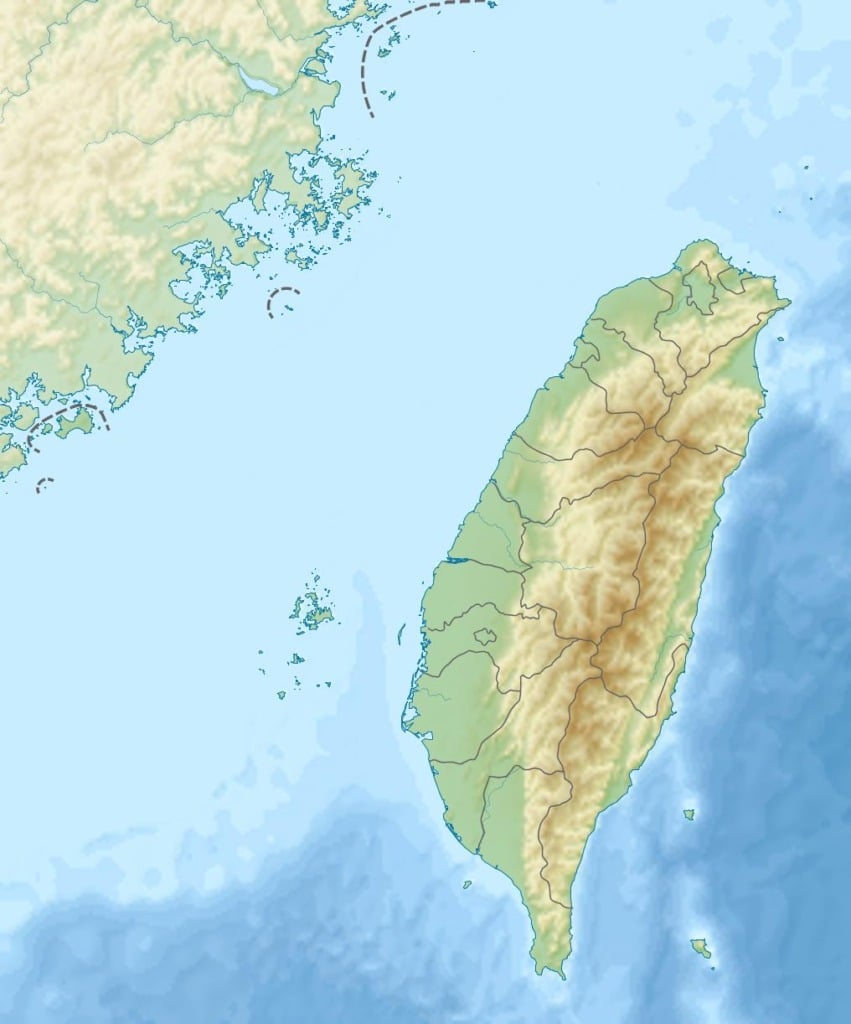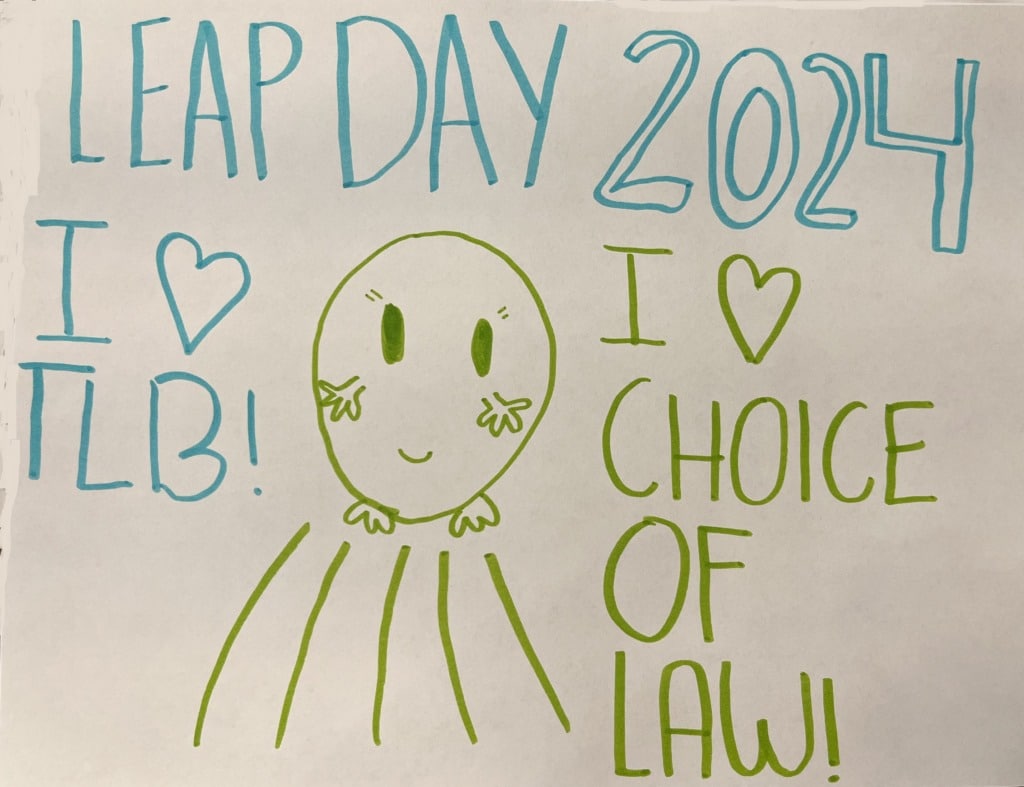Additional Thoughts on Firexo
I have three thoughts to add to John Coyle’s insightful post on the U.S. Court of Appeals for the Sixth Circuit’s recent decision in Firexo, Inc. v. Firexo Group Limited: one on choice of law, one on jurisdiction, and one on forum selection. Choice of Law Even though the majority declines to apply the “closely…
Continue ReadingFifty Years in the Conflicts Vineyard: A Celebration of Symeon Symeonides
On May 8-9, Willamette University College of Law and the Conflict of Laws Section of the Association of American Law Schools will host a symposium in celebration of Professor and Dean Emeritus Symeon Symeonides in Salem, Oregon. The speakers will include Francisco Garcimartin Alférez, Lea Brilmayer, Katharina Boele-Woelki, Patrick Borchers, Hannah Buxbaum, Anthony Colangelo, John…
Continue ReadingA Legislative Fix for the Cassirer Case?
Regular TLB readers may be familiar with the Cassirer case seeking to recover a painting by Camille Pissarro that was stolen by the Nazis and is now in the possession of a Spanish museum. The U.S. Supreme Court held in Cassirer v. Thyssen-Bornemisza Collection Foundation (2022) that federal courts must apply state choice-of-law rules to…
Continue ReadingThe Perils of Rule 44.1
Late last month, Judge Malachy E. Mannion of the Middle District of Pennsylvania ruled on a motion for summary judgment in Epsilon-NDT Endustriyel Kontrol Sistemleri Sanayi VE Ticaret, A.S. (“Epsilon”) v. Powerrail Distribution, Inc. (“PowerRail”). From one perspective, this case is an unremarkable business dispute arising out of an international contract. But from another perspective,…
Continue ReadingRethinking the Internal Affairs Rule
The internal affairs rule posits that a court should generally apply the law of the state in which an entity is incorporated to resolve questions relating to that entity’s internal affairs. These affairs encompass such matters as the election of directors, the rights of shareholders, and the fiduciary duties owed to shareholders. In a trio…
Continue ReadingAnother Victory for Mexico in Guns Litigation
Still flush with success from its win at the First Circuit against U.S. gun manufacturers, Mexico has scored a new victory in federal court—this time, against U.S. gun dealers. In Estados Unidos Mexicanos v. Diamondback Shooting Sports, Inc., the U.S. District Court for the District of Arizona (Judge Rosemary Márquez) ruled that Mexico could move…
Continue ReadingDoes the CISG Apply to Parties Based in Taiwan?
The complexity of Taiwan’s status under public international law may help to explain why there has been close to no discussion of its status under the Convention on Contracts for the International Sale of Goods (CISG). This absence of discussion is surprising given Taiwan’s importance in international trade: Taiwan is among the ten leading trade…
Continue ReadingChoice of Law in the American Courts in 2023
The thirty-seventh annual survey on choice of law in the American courts is now available on SSRN. The survey covers significant cases decided in 2023 on choice of law, party autonomy, extraterritoriality, international human rights, foreign sovereign immunity, adjudicative jurisdiction, and the recognition and enforcement of foreign judgments. So, on this leap day, we thought…
Continue ReadingMore Choice of Law in Terrorism Cases
The U.S. District Court for the District of Columbia (DDC) hears a lot of state-sponsored terrorism cases. The plaintiffs in these cases typically assert a cause of action under 28 U.S.C. § 1605A(c). This action is, however, only available to individuals who are either (1) a U.S. national, (2) a U.S. servicemember, (3) a U.S….
Continue Reading






